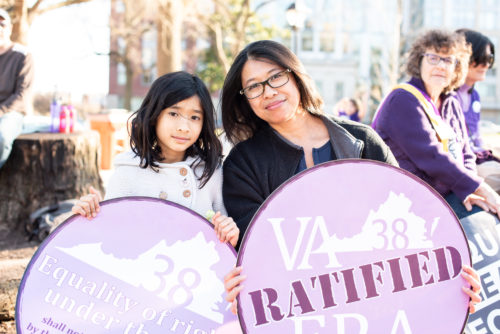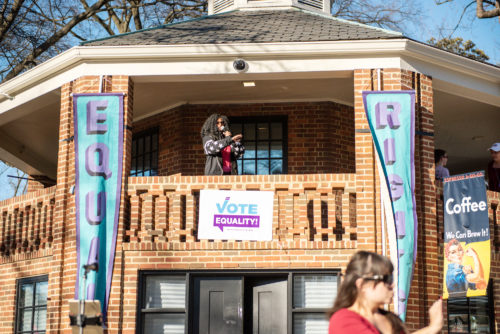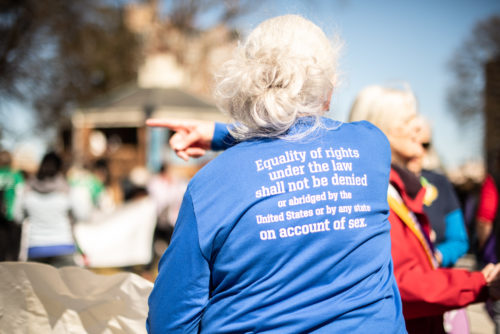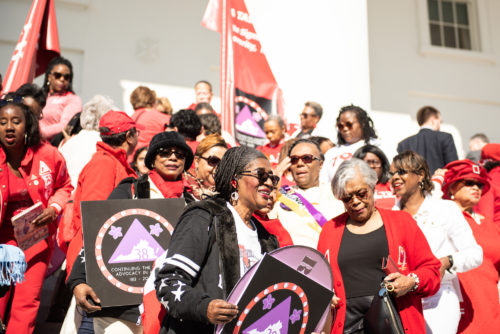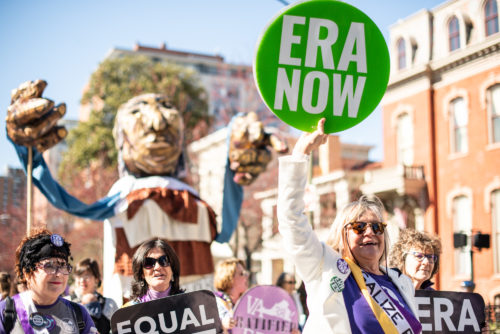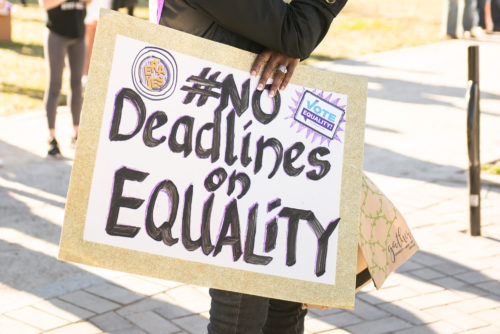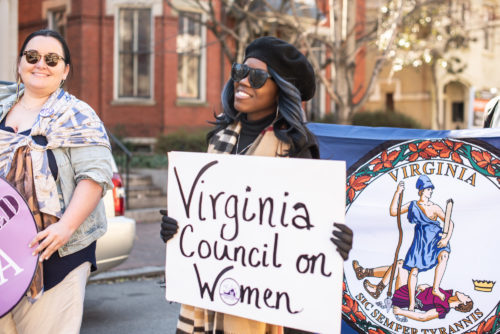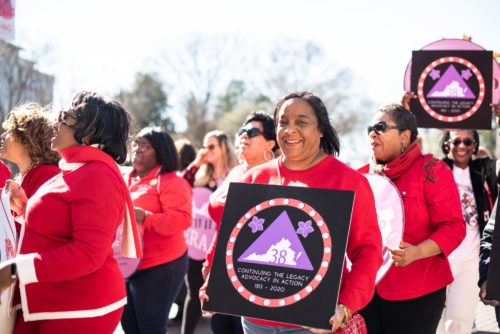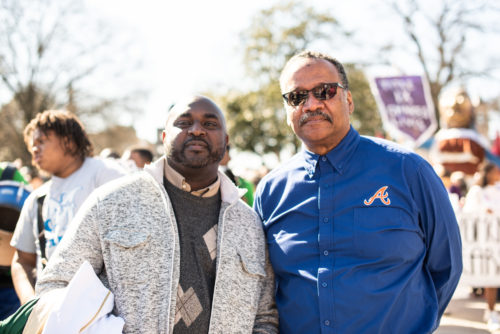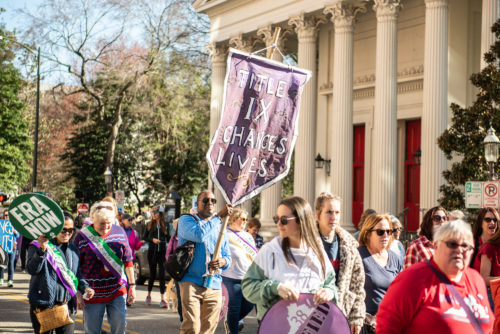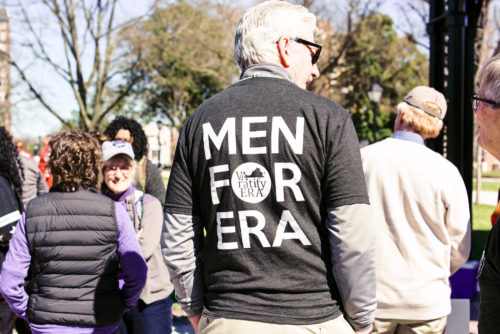“Doesn’t this open the door for abortion rights?”
- Abortion is already legal in America. The Supreme Court has already held that the Constitution protects the right to abortion, even without the 28th Amendment (Equal Rights).
- Some legislators have incorrectly opined that when the 28th Amendment is published in our Constitution all abortion restrictions will be struck down automatically.
- The 28th Amendment is a simple, non-discrimination statement rewritten in 1943 to match the wording of the 19th Amendment.
- Laws and policy in America will continue to be passed by lawmakers and challenged in courts on a case-by-case basis. Nothing changes automatically.
- There is also a two year timeframe before the 28th Amendment is in effect, widely assumed to be January 28, 2022 (two years after Virginia’s ratification January 27, 2020).
28th Amendment (Equal Rights)
Section 1: Equality of rights under the law shall not be denied or abridged by the United States or by any state on account of sex.
Section 2: The Congress shall have the power to enforce, by appropriate legislation, the provisions of this article.
Section 3: This amendment shall take effect two years after the date of ratification.
- Anti-equality advocates focus on two particular state level cases (New Mexico and Connecticut) when advocating against constitutional gender equality. However, four state courts have addressed a state’s ERA impact on abortion, with mixed results.
- The cases in New Mexico and Connecticut addressed what should be obvious, that it is unfair to have different “medical necessity” standards for men and women.
- No state level judicial opinion has addressed “elective” abortions, although the definition of “medically necessary” in the New Mexico case was expansive.
- Pennsylvania and Illinois rejected the argument that the gender equality provision in their state’s constitution applies to parental notice law.
NOTE: The United States Supreme Court is not bound to state level precedent.
“This case is concerned only with the narrow issue of funding of medically necessary or therapeutic abortions.”
Doe v. Maher (1986), Connecticut
“This case concerns the authority of the Secretary of the New Mexico Human Services Department to restrict funding for medically necessary abortions under the State’s Medicaid program.”
New Mexico Right to Choose, Naral, et al v. Johnson (1998), New Mexico
“In the case at bar, we fail to see how the Act creates a sex-based classification or how the alleged discrimination against pregnant minors who choose an abortion is in any way related to their gender.”
Hope Clinic for Women, Ltd. v. Flores (2013), Illinois
ADDITIONAL FAQs

